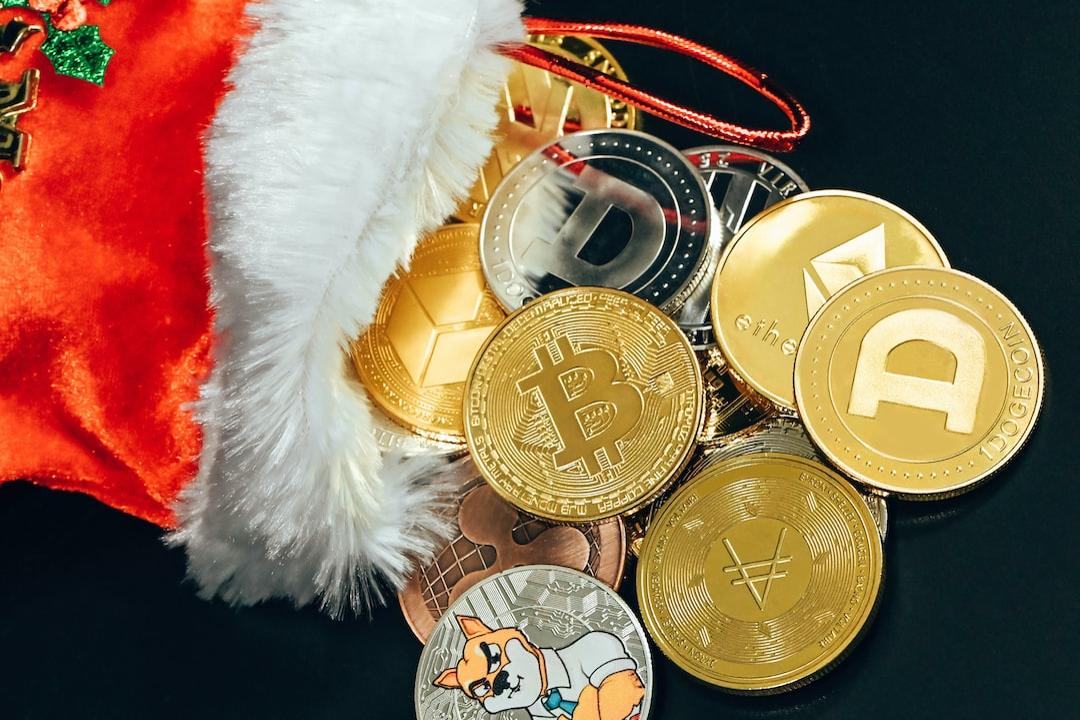Article Rewrite:
Binance, a cryptocurrency exchange, has imposed a limit on the selling price of Tether (USDT) tokens on its peer-to-peer (P2P) platform in Nigeria. To comply with local authorities, traders on Binance are currently unable to sell USDT above a cap of 1,802 naira per USDT.
Binance has assured its Nigerian users that it is committed to working closely with local authorities, lawmakers, and regulators to address any noncompliance issues with the price cap. Binance P2P enables users to directly buy and sell cryptocurrencies for fiat currency with other users.
The price cap has resulted in traders’ accounts being blocked if they attempt to sell above the limit, prompting them to turn to other exchanges where they can trade without restrictions. In response to accusations of succumbing to the Nigerian government’s foreign exchange (FX) control desires by implementing a pegged rate for NGN/USDT trading, Binance explained that the P2P price peg was due to an “automatic system pause.”
The exchange clarified that its system automatically pauses in the event of significant currency fluctuations and emphasized that the price suppression is temporary. Necessary adjustments have been made to allow trading to continue.
The Office of the National Security Adviser in Nigeria, in collaboration with the Central Bank of Nigeria (CBN), has launched a joint effort to combat forex speculation and address issues impacting the country’s economic stability.
This initiative highlights the significant role played by speculators, both domestic and international, using various methods, in the depreciation of the naira, exacerbating inflation, and causing economic instability in Nigeria.
The unification of forex windows by the Nigerian government in mid-2023 resulted in a significant decline in the value of the naira against the United States dollar on the foreign exchange market. The exchange rate doubled from approximately 700 naira/$1 to a historic high of over 1,500 naira/$1.
The Nigerian Securities and Exchange Commission (SEC) cautioned local investors against using Binance in July 2023. The agency stated that the platform was operating without a license in the country, making its operations illegal. It also reminded the public about the high level of risk and the potential for total investment loss.
Nigeria is currently the largest P2P market globally, which arose after the Central Bank of Nigeria prohibited institutions from buying and selling cryptocurrencies in 2021. However, a circular sent to banks in December 2023 lifted the ban on Nigerian banks facilitating cryptocurrency transactions.
Many Nigerians who engage in foreign exchange transactions struggle to conduct them through traditional banking and Bureau de Change channels. This is due to the significantly higher fees associated with transferring foreign currency within the banking system compared to the crypto market, making P2P transfers more appealing.

